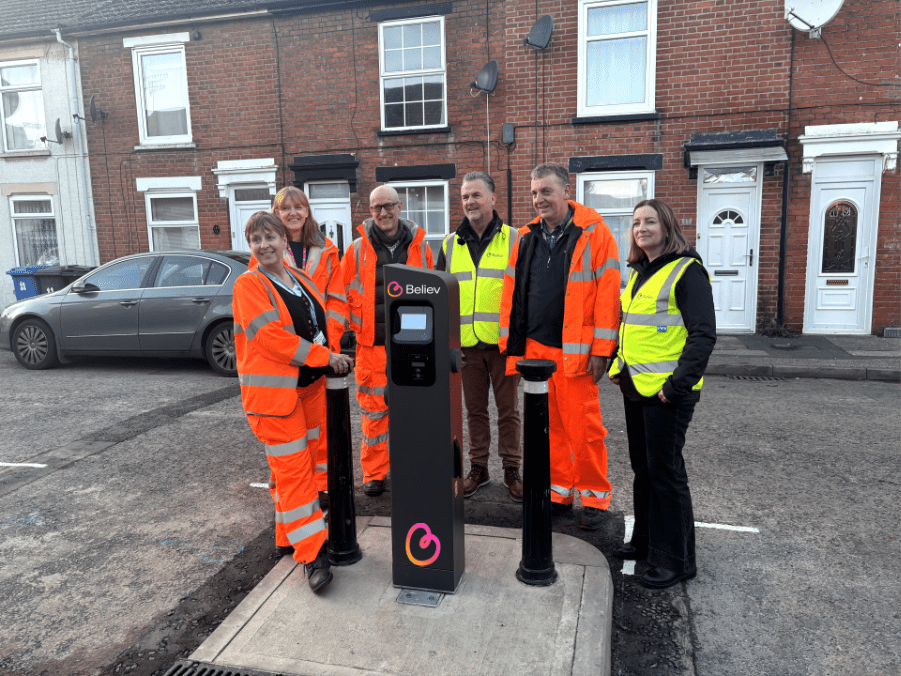UK-based EV battery health certification firm Generational has released new data showcasing the “stark differences in battery health” between EVs of the same mileage.
The data highlights remarkable advancements in EV battery technology and the minimal relevance of mileage in the EV age.
Generational’s proprietary battery testing technology revealed that in the vehicle set tested, the battery health of EVs produced in 2023 is more than 10% higher on average than those manufactured in 2016 and 2017, despite covering an equal distance over their lifetime.
The results underline the need for information on battery health to be made universally available across the second-hand vehicle market, it said.
Generational’s data forms part of its extensive EV battery health database, developed over the past two years and continuously expanding as more vehicles are tested.
Its battery health assessment presents results as a percentage compared to new, benchmarked against the manufacturer’s original data, and allowing comparison across vehicle generations.
From the vehicle set tested, 2016-2017 EVs at 90,000 miles had an average battery health of 75.87%, with 2023 vehicles recording an average of 86%, demonstrating an improvement in new vehicles’ battery longevity.
At 50,000 miles, 2023 EVs recorded on average more than 5% higher battery health than 2016-2017 models. 2019-2020 vehicles achieved almost 5% higher than the 2016-2017 EVs at the same mileage.
Oliver Phillpott, CEO of Generational, said:
“The results of our EV battery health testing highlight the remarkable progress in battery technology over recent years, and just how much more value it adds than the mileage figure when looking to acquire a used EV. Understanding this evolution helps buyers make informed decisions based on their specific needs.
“In the electric age, battery health provides crucial context to mileage when assessing a used EV’s condition. Our testing provides transparency into the actual performance you can expect.
“As with combustion-engine vehicles, used-EV customers want to be able to determine which vehicle will be the best for their needs; for some buyers, vehicles with moderately lower battery health may offer excellent value – they just need the right information to arrive at that conclusion. That’s what battery health certification provides, and what’s needed to create a healthy, sustainable market for used EVs.”
Image courtesy of Generational











